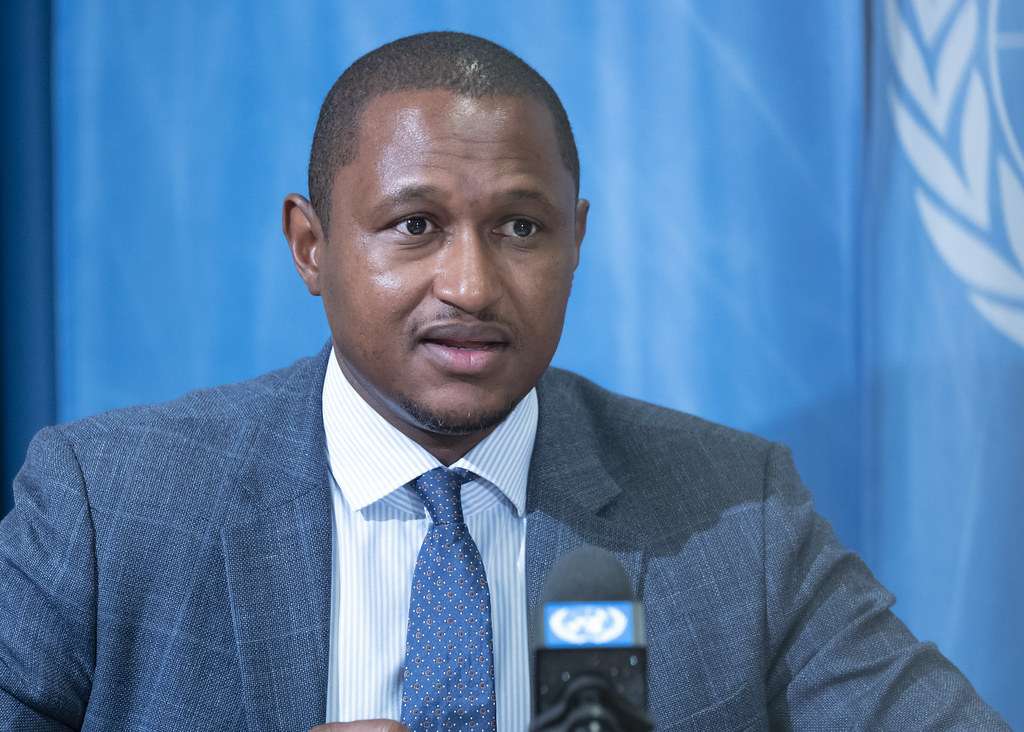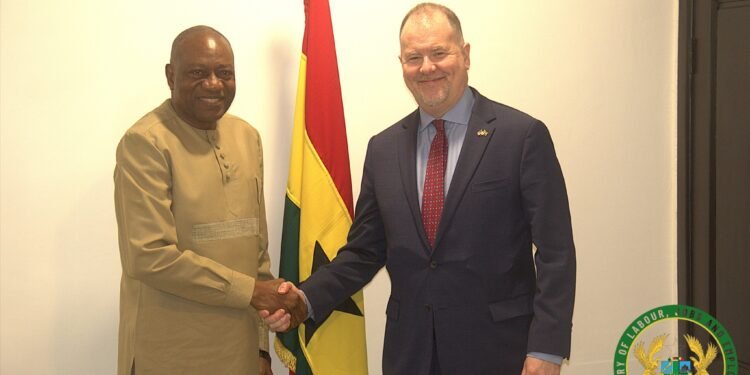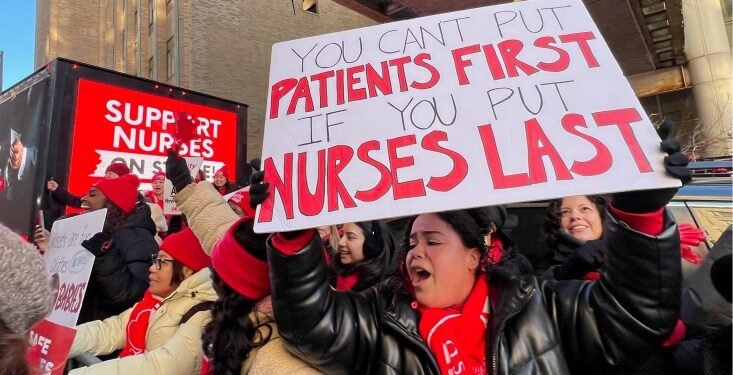Nearly three million people have fled Sudan after 18 months of relentless war, creating a humanitarian crisis that continues to escalate. The United Nations has issued a warning as the mass exodus shows no sign of slowing, with over 25,000 people escaping to neighboring Chad in just the first week of October.
Mamadou Dian Balde, the UN’s Sudan regional refugee coordinator, shared his concerns in an interview this week, revealing that the three-million mark will likely be reached in the coming weeks. He described the refugee situation as a “disaster” driven by the growing brutality of the ongoing conflict.
The war erupted in April 2023 and pitted the Sudanese army under General Abdel Fattah al-Burhan against the paramilitary Rapid Support Forces led by Mohamed Hamdan Daglo. Both sides have been accused of committing war crimes, including targeting civilians and obstructing the delivery of essential humanitarian aid.
As the violence escalates, the toll on civilians has been devastating. Tens of thousands of people have lost their lives, and a staggering 26 million are now facing extreme food insecurity. In the western Darfur region, famine has already been declared in the Zamzam displacement camp.
Chad Bears the Brunt of the Crisis
According to the UN refugee agency, UNHCR, some 11.3 million Sudanese people have been displaced by the conflict, with nearly 2.95 million fleeing to other countries. Chad has become the primary destination for these refugees, now hosting more Sudanese than any other country.
Chad, one of the poorest nations in the world, struggles to provide for the influx of refugees. While the Chadian people have shown remarkable generosity in welcoming their neighbors, the country’s infrastructure and resources are woefully inadequate to meet the needs of the growing refugee population.
“When we see 25,000 arriving, it’s enormous,” Balde said, calling for urgent international assistance to help Chad manage the crisis. A UN appeal for $1.51 billion to support Sudanese refugees and their host communities has only been 27 percent funded, leaving a critical resource gap.
“It’s not enough because the number of refugees continues to grow,” Balde stressed, urging donors to increase their contributions as the situation becomes more desperate.

More Refugees Expected as War Intensifies
Balde warned that the influx of refugees into Chad is likely to continue in the coming weeks as violence escalates and water levels drop with the end of the rainy season. The worsening conditions in Darfur and the broader instability in Sudan suggest that Chad could soon see more people seeking refuge.
“Very unfortunately, in the coming weeks, we expect to have many more refugees in Chad,” Balde said.
While the drier weather may offer a temporary window for delivering more aid to Sudan, ongoing violence and bureaucratic obstacles hinder relief efforts.
Several rounds of peace talks, most recently mediated by the United States in Geneva, have failed to produce any lasting ceasefire, and humanitarian access remains severely restricted.
“This has helped us save lives,” Balde acknowledged, referencing some modest progress in securing aid routes. However, he lamented that “not all the commitments made have been respected”, and aid remains “limited” due to administrative barriers imposed by both sides of the conflict.
Global Impact of Sudan’s Refugee Crisis
During his visit to Geneva for the UNHCR’s executive committee meeting, Balde led discussions on the future of Sudanese refugees and the need to support them beyond immediate humanitarian aid. He called on the international community to help refugees access jobs, reducing their dependency on aid and fostering self-sufficiency.
“We are asking development actors to mobilize to complement” humanitarian assistance, Balde explained, emphasizing that long-term solutions must also address the root causes of the conflict.
Balde issued a stark warning about the potential for the Sudanese refugee crisis to extend beyond Africa. “It would be a big mistake to think the flow of displaced people will be limited to Sudan and the region,” he cautioned, noting that more refugees are already heading towards Europe, southern Africa, and even the Gulf states.
As the crisis deepens, the international community will need to act swiftly and decisively to address both the immediate humanitarian needs and the broader political challenges fueling Sudan’s civil war.























